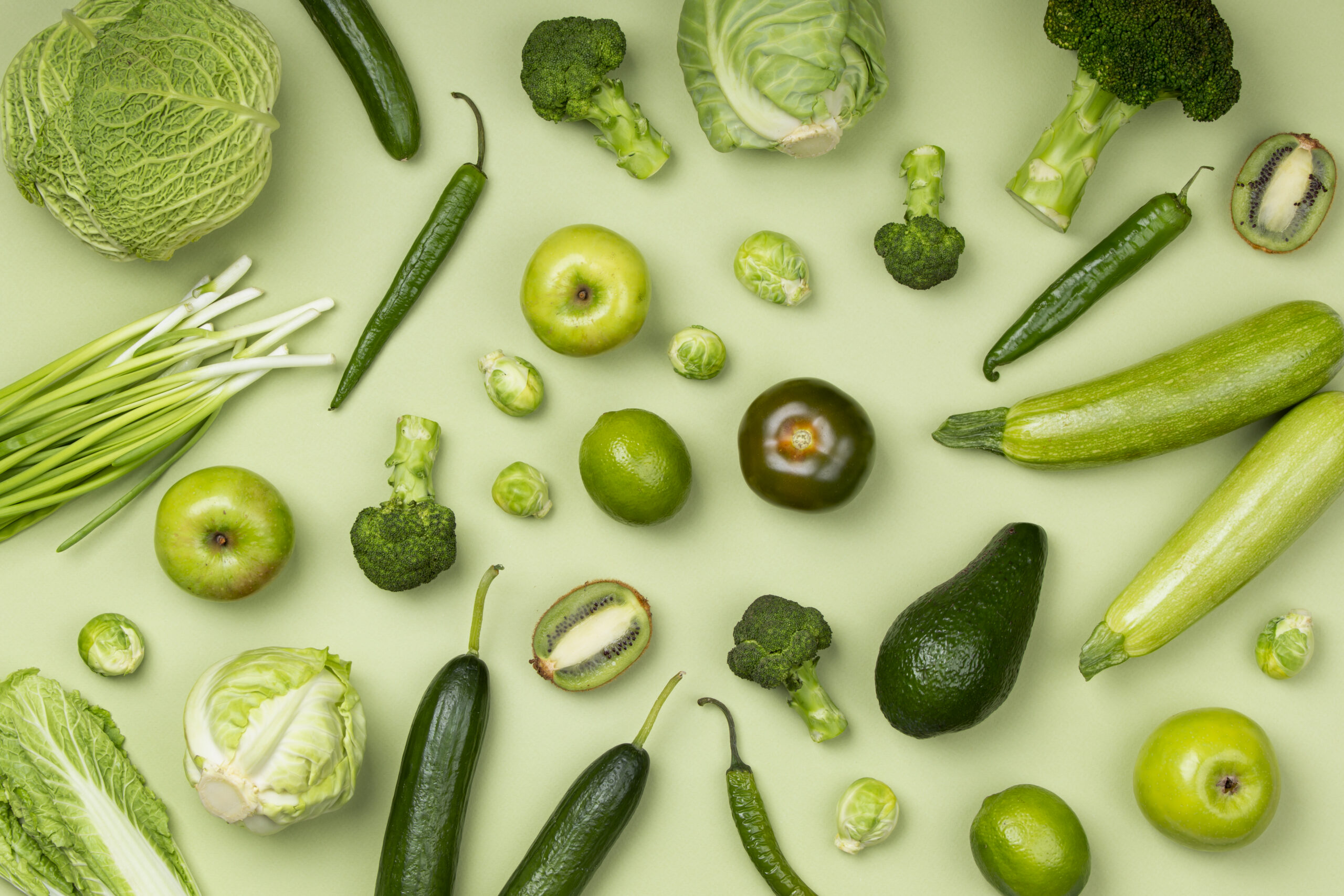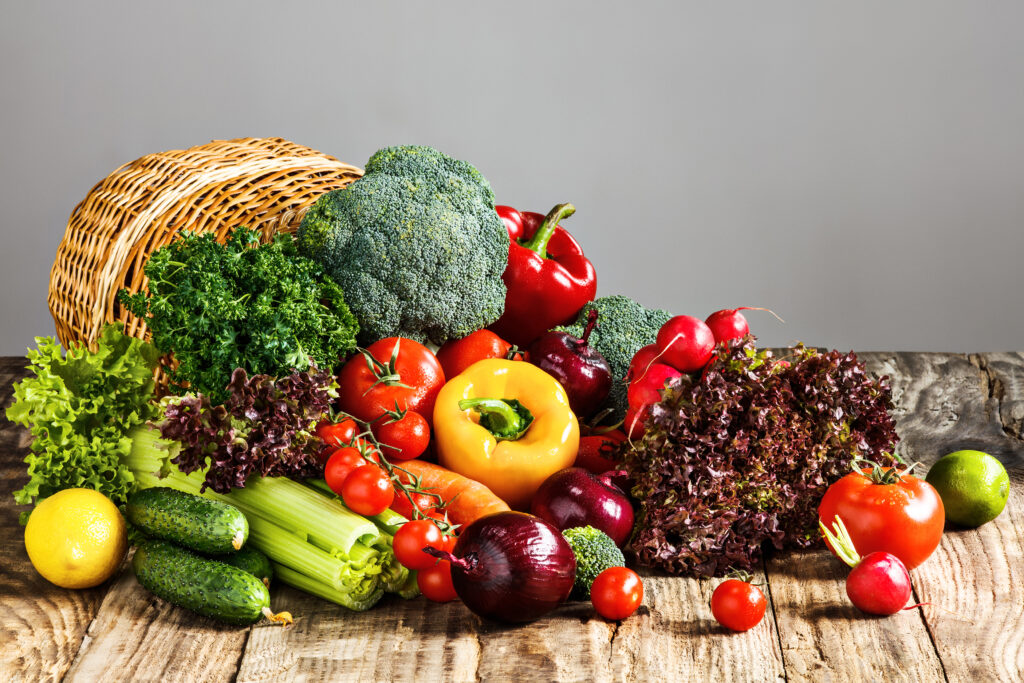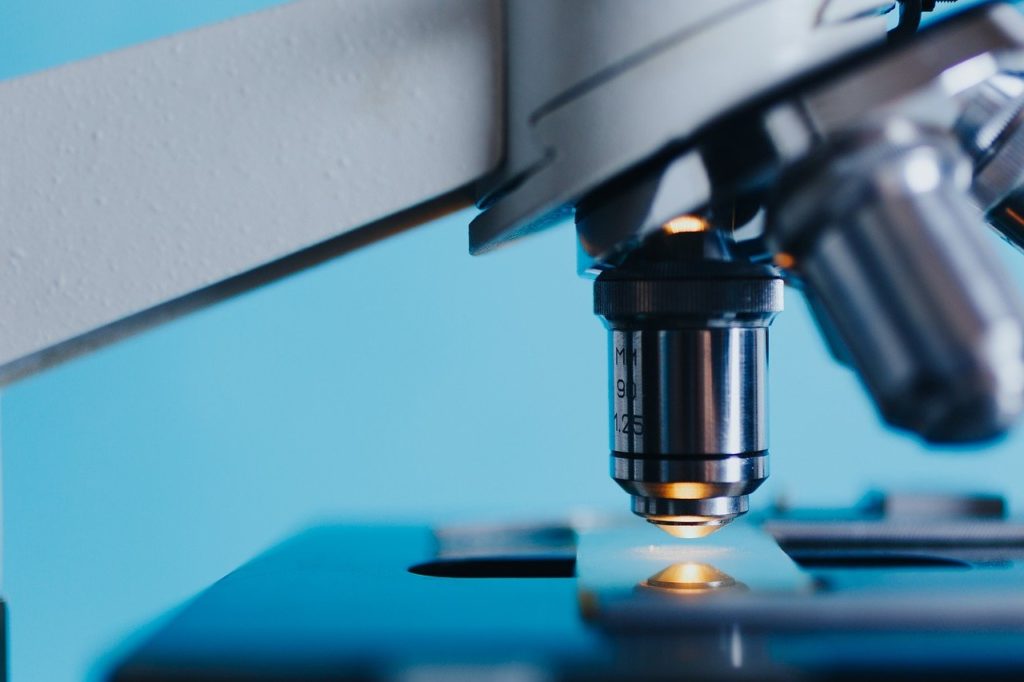Las propiedades anti cancerígenas de los vegetales crucíferos (brócoli, coliflor, col rizada, coles de bruselas, repollo, arúgala, rábano) han sido estudiadas por varios años. Se ha asociado una alta ingesta de estos con un riesgo reducido de varios tipos de cáncer.
Existen dos componentes anti cancerígenos, que sólo se encuentran en vegetales crucíferos, el sulforafano y el DIM (3,3’ Diindolymetano).

La investigación apunta hacia seis mecanismos que impiden el desarrollo del cáncer y desaceleran su progresión:
- Impidiendo el crecimiento de células cancerosas bloqueando la formación de nuevos vasos sanguíneos, absteniéndolas de nutrientes y oxigeno.
- Induciendo la apoptosis o muerte de la célula, que cuando hay cáncer se pierde la capacidad de apoptosis de las células dañadas.
- Reduciendo cambios epigenéticos que contribuyen al desarrollo de tumores. Estimulando la protección celular.
- Reduciendo la inflamación crónica, madre de la oxidación celular y enfermedades.
- Y, por último, balanceando el estrógeno, el cual en desbalance tiene efectos estimuladores de tumores en ambos hombre y mujer.
- Un alto consumo de crucíferos también se ha asociado a mejor pronóstico de supervivencia en pacientes con cáncer.
- Existen estudios en animales bastantes prometedores, en los cuales se administró un potente carcinogénico a dos grupos de ratas. A un grupo se le dio también sulforafano, al final el grupo que no se le administró sulforafano desarrollo 68% de tumores y el grupo que sí sólo desarrollo 39%.
- El sulforafano es un compuesto inestable y se absorbe mejor consumiendo los vegetales en crudo.

Maestría en Nutrición Clínica con enfoque en Nutrición Funcional.
@fitnutrition_mariana
Dinkova-Kostova AT, Fahey JW, Kostov RV, et al. KEAP1 AND done. Targeting the NRF2
Pathway with Sulforaphane. Trends Food Sci Technol. 2017 Nov;69 (Pt B):257-69
“Cancer-Fighting Properties of CRUCIFEROUS VEGETABLES..” The Free Library. 2022
LE Publications, Inc. 12 Oct. 2022https://www.thefreelibrary.com/Cancer-
Fighting+Properties+of+CRUCIFEROUS+VEGETABLES.-a0710911288
Verhoeven DT, Goldbohm RA, van Poppel G, et al. Epidemiological studies on brassica
vegetables and cancer risk. Cancer Epidemiol Biomarkers Prev. 1996 Sep;5(9):733-48.
Favela-Gonzalez KM, Hernandez-Almanza AY, De la Fuente-Salcido NM. The value of
bioactive compounds of cruciferous vegetables (Brassica) as antimicrobials and
antioxidants: A review. J Food Biochem. 2020 Aug 3:e13414.
Manchali S, Chidambara Murthy KN, Patil BS. Crucial facts about health benefits of popular
cruciferous vegetables. J Functional Foods. 2012;4(1):94-106.
Higdon JV, Delage B, Williams DE, et al. Cruciferous vegetables and human cancer risk:
epidemiologic evidence and mechanistic basis. Pharmacol Res. 2007 Mar;55(3):224-36.



Hi, Neat post. There’s an issue along with your website in internet explorer, would check thisK IE nonetheless is the marketplace leader and a good component of other folks will omit your excellent writing because of this problem.
Wonderful site. Lots of useful information here. I’m sending it to some friends ans also sharing in delicious. And certainly, thanks for your effort!
I do agree with all the concepts you have offered on your post. They’re very convincing and will definitely work. Still, the posts are very short for starters. May you please extend them a bit from subsequent time? Thank you for the post.
It’s really a great and useful piece of info. I’m happy that you shared this useful information with us. Please keep us up to date like this. Thanks for sharing.
Hi! I’m at work browsing your blog from my new iphone! Just wanted to say I love reading your blog and look forward to all your posts! Carry on the superb work!
Hello just wanted to give you a quick heads up and let you know a few of the images aren’t loading correctly. I’m not sure why but I think its a linking issue. I’ve tried it in two different browsers and both show the same results.
Hi there just wanted to give you a brief heads up and let you know a few of the images aren’t loading correctly. I’m not sure why but I think its a linking issue. I’ve tried it in two different web browsers and both show the same results.
Very interesting details you have mentioned, thankyou for posting. “These days an income is something you can’t live without–or within.” by Tom Wilson.
Heya this is kind of of off topic but I was wanting to know if blogs use WYSIWYG editors or if you have to manually code with HTML. I’m starting a blog soon but have no coding experience so I wanted to get guidance from someone with experience. Any help would be enormously appreciated!
I haven?¦t checked in here for a while since I thought it was getting boring, but the last several posts are good quality so I guess I?¦ll add you back to my daily bloglist. You deserve it my friend 🙂
Whoa! This blog looks just like my old one! It’s on a entirely different topic but it has pretty much the same layout and design. Excellent choice of colors!
Today, I went to the beach with my kids. I found a sea shell and gave it to my 4 year old daughter and said “You can hear the ocean if you put this to your ear.” She placed the shell to her ear and screamed. There was a hermit crab inside and it pinched her ear. She never wants to go back! LoL I know this is entirely off topic but I had to tell someone!
Nice post. I was checking constantly this blog and I’m inspired! Very useful info specially the ultimate phase 🙂 I maintain such information much. I used to be looking for this particular info for a very long time. Thank you and good luck.
I love it when people come together and share opinions, great blog, keep it up.
whoah this weblog is great i love reading
your articles. Keep up the good work! You realize, lots of individuals are hunting round for this
info, you could aid them greatly.
Awesome blog! Do you have any tips for aspiring writers? I’m hoping to start my own blog soon but I’m a little lost on everything. Would you recommend starting with a free platform like WordPress or go for a paid option? There are so many choices out there that I’m totally overwhelmed .. Any suggestions? Kudos!
obviously like your web-site but you need to check the spelling on several of your posts. A number of them are rife with spelling problems and I to find it very bothersome to tell the reality then again I will definitely come back again.
zhxqfb
Some really choice blog posts on this internet site, saved to bookmarks.
You completed several nice points there. I did a search on the subject matter and found nearly all people will go along with with your blog.
Thanks for sharing your thoughts on nordvpn coupons inspiresensation (t.co) special coupon code.
Regards
What’s up, of course this post is really nice and I have learned lot of things from it on the topic of blogging.
thanks.
Feel free to visit my website: nordvpn coupons inspiresensation
350fairfax nordvpn
My coder is trying to convince me to move to .net from PHP.
I have always disliked the idea because of the expenses.
But he’s tryiong none the less. I’ve been using WordPress on a
number of websites for about a year and am worried
about switching to another platform. I have heard
excellent things about blogengine.net. Is there a way I can transfer all my wordpress content
into it? Any kind of help would be really appreciated!
Also visit my web-site – nord vpn coupon codes
Thank you, I’ve just been looking for information about this topic for a while and yours is the best I’ve came upon till now. But, what about the conclusion? Are you sure about the supply?